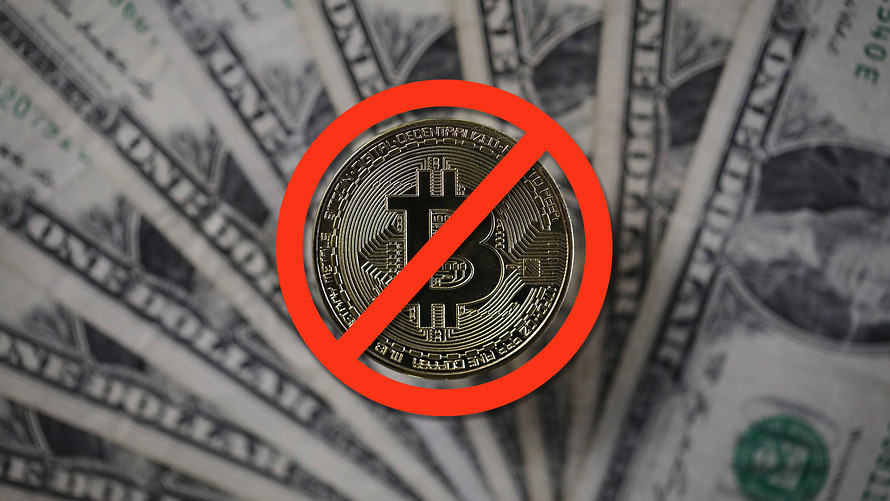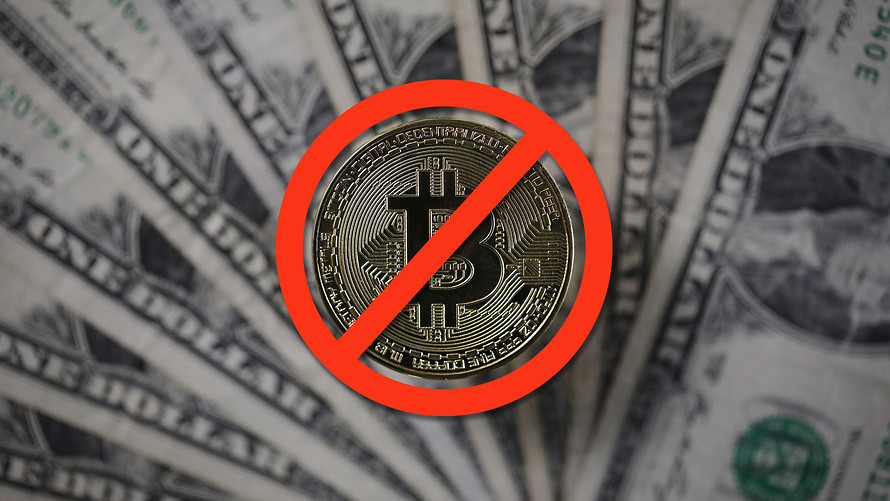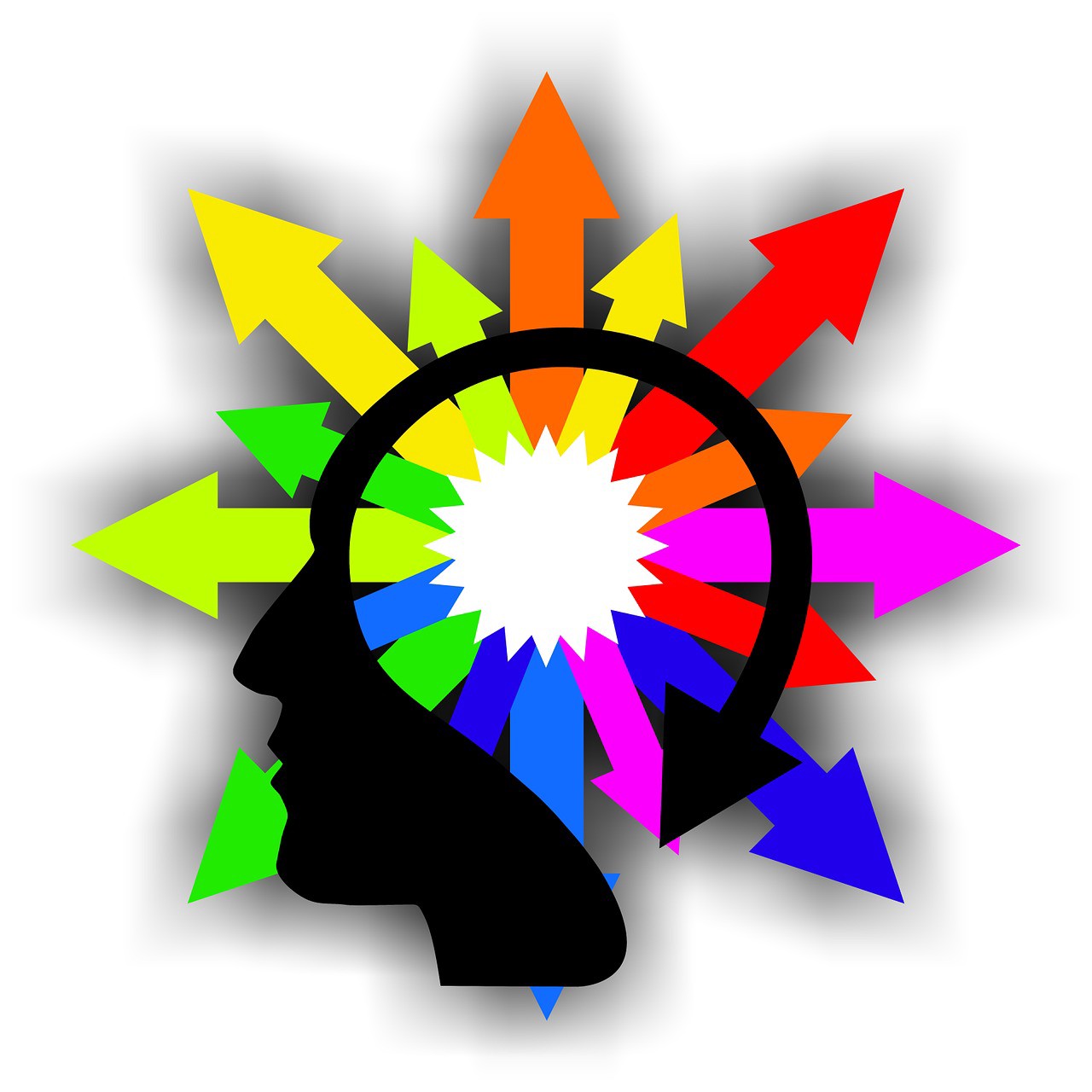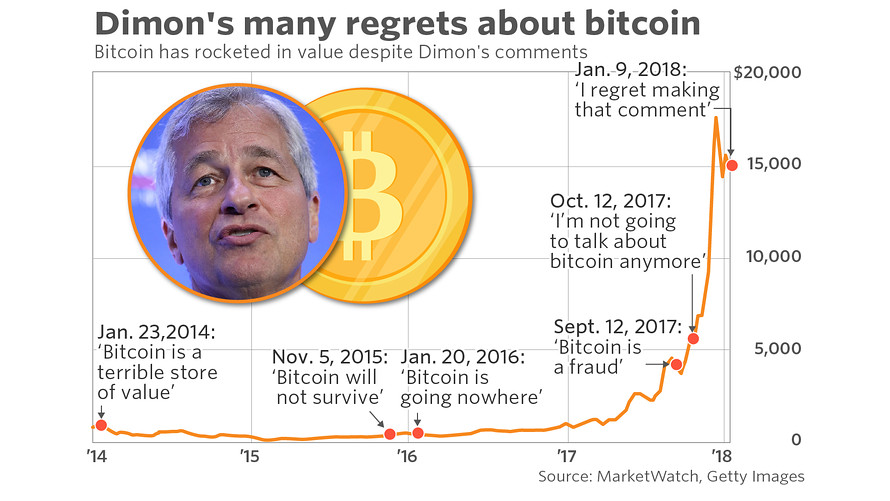Blockchain may still be an emerging technology, but much like the internet, its promise to disrupt industries is the topic of avid conversation.
Blockchain may still be an emerging technology, but much like the internet, its promise to disrupt industries is the topic of avid conversation. The appeal of blockchain lies in its ability to decentralize and encrypt transactions. Blockchains are also designed for huge volumes of disparate data. Healthcare, one of the most data intensive industries, stands to benefit greatly from the technology.
Data has presented an enormous hurdle for the healthcare industry. Disparate systems and siloed data are commonplace. The result is a lack of data accessibility and interoperability that prevents the industry from using data to make process improvements to increase clinical and operational efficiency as well as reduce costs. While blockchain’s “killer app” has yet to emerge, the technology has the potential to be applied across the industry, from clinical records and medical devices, to insurance records, payer files and the supply chain.
One of the more exciting blockchain opportunities pertains to patient identification. Today a patient is identified by a wide range of numbers — social security, insurance, medical record, etc. For the organizations that rely on this information, this makes reconciliation of a particular patient’s data time-consuming, error-prone, and at times, downright impossible. Blockchain opens the door for the industry to connect all of those numbers together, regardless of which number an organization uses. One number connects to all the ‘who’ data for an individual patient. The same opportunities apply to business entities as well, tying together key identifiers, such as ship-to numbers, GLNs and postal code addresses, to identify a single organization.
Source/More: Blockchain: The Technology Rx for Healthcare?











![Thai Law to Regulate [Legalize] Cryptocurrency, ICO Markets Coming in April | CCN.com](http://ec2-35-172-7-154.compute-1.amazonaws.com/wp-content/uploads/2018/03/Bitcoin-baht-760x400.jpg)




